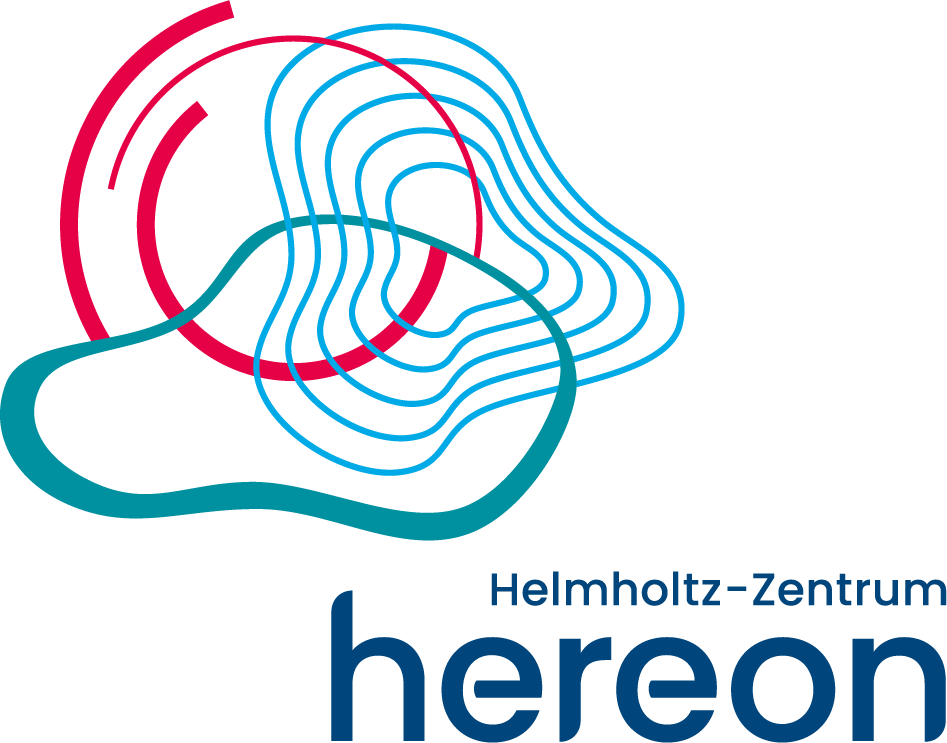MLZ is a cooperation between:
 > Technische Universität München
> Technische Universität München > Helmholtz-Zentrum Hereon
> Helmholtz-Zentrum Hereon
 > Forschungszentrum Jülich
> Forschungszentrum Jülich
MLZ is a member of:
 > LENS
> LENS > ERF-AISBL
> ERF-AISBL
MLZ on social media:

MLZ (eng)
Lichtenbergstr.1
85748 Garching
04.11.2025
Award-winning research on frustrated magnets
MLZ physicist Dr Leonie Heinze has been awarded the Heinrich Büssing Prize by the Braunschweig University Association. The prize, worth €10,000, recognises her outstanding doctoral thesis on frustrated magnetic materials – a topic that is attracting great interest due to the unusual magnetic states that occur in solid-state physics.

Dr Leonie Heinze continues her research on frustrated magnetic materials at the MLZ using the POLI polarised neutron diffractometer. © Iris Köhler / Forschungszentrum Jülich
What frustrates materials
In her doctoral thesis at the Technical University of Braunschweig, Leonie Heinze investigated naturally occurring minerals that represent model systems for frustrated magnets. According to the reviewers, the physicist made an outstanding contribution to quantum magnetism. “Just as three people cannot all sit directly opposite each other at the same time, three electron spins arranged in a triangle cannot all align antiparallel to each other at the same time, even if this is actually dictated by the couplings between the spins. Such a competitive situation can also be found in some magnetic materials.” This frustration has an impact on the properties of the material: “The material becomes magnetically confused by the competing couplings, and novel and unusual magnetic states arise,” says Leonie Heinze.

Dr Leonie Heinze (second from right) receives the Heinrich Büssing Prize, worth €10,000, for her doctoral thesis at the Technical University of Braunschweig. © Andreas Bormann / Braunschweigischer Hochschulbund
Experiments near absolute zero
One focus of her work in Stefan Süllow’s group at the Institute of Condensed Matter Physics was the rare mineral linarite, which serves as a model system for a frustrated spin chain. For her experiments, she exposed the material to temperatures close to absolute zero, as many phenomena of quantum magnetism can only be observed at these extremely low temperatures.
A puzzle of experiments
Leonie Heinze is currently continuing her research on frustrated magnets at the Jülich Centre for Neutron Science (JCNS) of the MLZ as an instrument scientist at the polarised neutron diffractometer POLI, for example on the mineral atacamite, a sawtooth chain of spins. “I particularly like how the magnetism of a material can be increasingly better understood through many different, complementary experiments, like a puzzle. An important experimental technique here is neutron scattering, which I grew very fond of during my PhD,” says Leonie Heinze.
Original publication:
Competing magnetic phases of frustrated quantum magnets. Braunschweig. https://doi.org/10.24355/dbbs.084-202312111318-0
Press release of the Technical University of Braunschweig
MLZ is a cooperation between:
 > Technische Universität München
> Technische Universität München > Helmholtz-Zentrum Hereon
> Helmholtz-Zentrum Hereon
 > Forschungszentrum Jülich
> Forschungszentrum Jülich
MLZ is a member of:
 > LENS
> LENS > ERF-AISBL
> ERF-AISBL
MLZ on social media:


